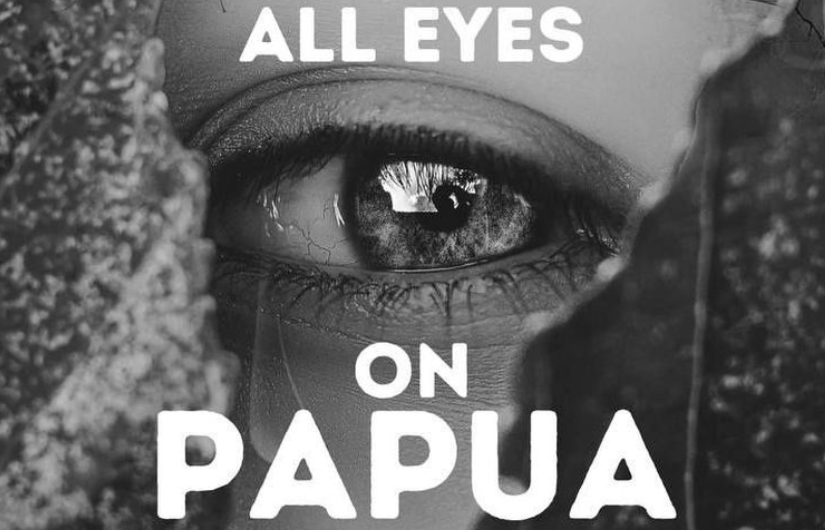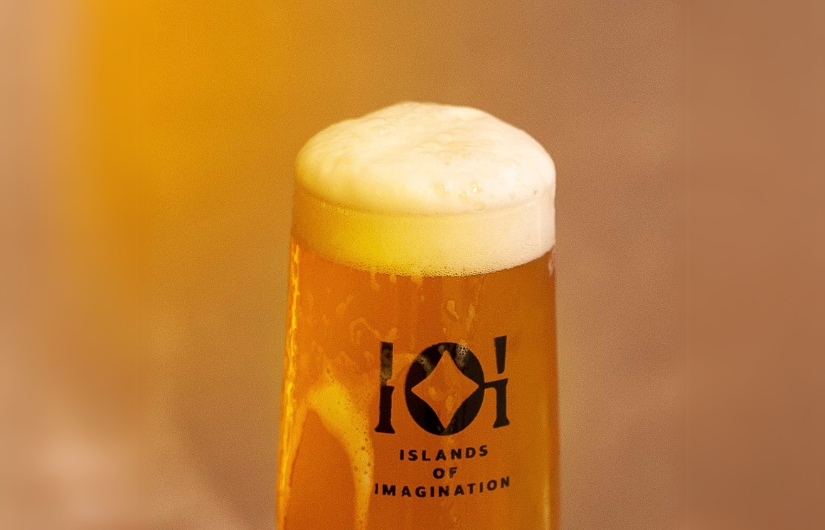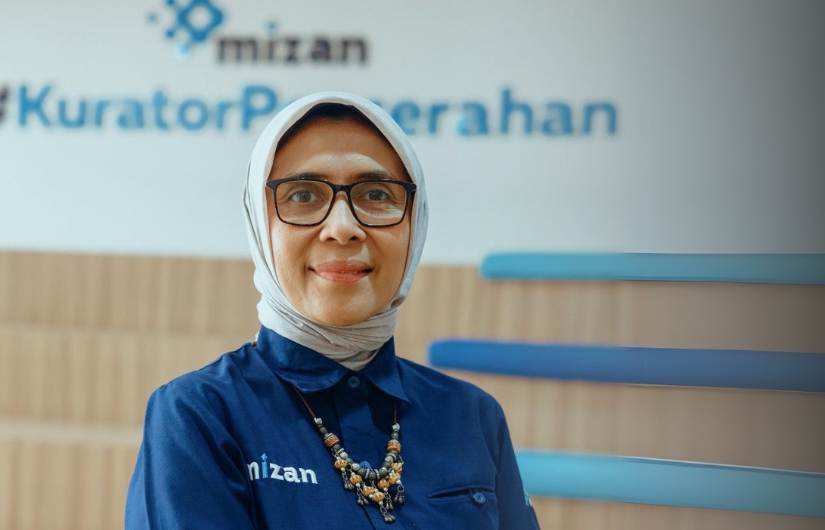Papua, the easternmost province of Indonesia, is a place where time feels almost irrelevant, suspended in the canopy of ancient trees and the whispers of indigenous communities. The land here, stretching across mountains, valleys and rivers, harbours some of the most biodiverse ecosystems on the planet. It is a green heart, beating in rhythm with the world’s climate, offering breath and life.
However, this heart is under siege. The forces of modernization and economic expansion are encroaching upon these sacred forests, threatening to unravel the delicate web of life that has flourished here for millennia. As bulldozers carve through the wilderness, they leave behind scars that may never heal.
The tale of Papua’s forests is not merely one of environmental concern but a saga of human rights and cultural survival. Indigenous tribes, whose lives are intertwined with the land, find themselves on the front lines of a battle they did not choose. Their stories, often unheard and unheeded, are as vital as the roots that anchor the towering trees.
The “All Eyes on Papua” movement, initiated through an online campaign, is garnering significant support. The viral poster and hashtag on X and Instagram reflect public solidarity with the Awyu tribe in Boven Digoel, South Papua, and the Moi tribe in Sorong, Southwest Papua. Both tribes are fighting to protect their ancestral forests from corporate encroachment.
The Awyu and Moi tribes are not merely contending with faceless corporate behemoths; they are engaged in a desperate race against time. These forests are their essence, a thread of their cultural identity and survival. Yet, the inexorable march of deforestation, propelled by insatiable corporate greed, has eradicated over 73.92 million hectares of Indonesian rainforest since the mid-20th century. This ecological devastation not only endangers the local environment but also fuels global climate change, heightening weather extremes and imperilling biodiversity.
Pandhu Taryono, the creator of ‘All Eyes on Papua’, was driven by his concern for Papua's issues, particularly the Woro customary tribe—part of the Awyu tribe—and the Moi Sigin subclan, who protested in front of the Supreme Court on May 27.
In Jakarta, representatives of the Awyu community demanded the Supreme Court restore their rights, which had been stripped away by a series of court decisions at the cassation level. They challenged the Jayapura State Administrative Court and the Manado Administrative High Court decisions, which dismissed their lawsuit against the Papua Provincial Government. The government had granted permits to Indo Asiana Lestari to clear 36,094 hectares of land. These court decisions require further scrutiny as they fail to uphold environmental justice and Indigenous rights.
However, movements like these must extend beyond petition signatures. The Awyu tribe’s case is just one example of the numerous issues faced by Indigenous people in Indonesia. The Moi Sigin subclan, who protested in front of the Supreme Court, is also fighting against Sorong Agro Sawitindo, which has destroyed 18,160 hectares of their customary forest for an oil palm plantation.
Deforestation in Papua, home to Indonesia's largest natural forests, is a critical issue. A 2021 report by the Auriga Nusantara Foundation, titled “Looking East: Deforestation and the Release of Forestland in Papua,” revealed that Papuan forest cover has decreased by over 663,000 hectares in the past two decades. This deforestation has released 25 million tons of carbon dioxide equivalent into the atmosphere, exacerbating the looming climate crisis.
The world cannot afford to remain indifferent. The destruction of Papua’s forests transcends local significance; it is a global crisis. The “All Eyes on Papua” movement calls for worldwide solidarity to preserve these essential ecosystems and the indigenous peoples who depend on them.
Sustainability Jargon Remains Bullsh*t If We Let It Slip Away Again
Indonesia, a nation with ambitions of growth and prosperity, must navigate this delicate balance. The allure of palm oil plantations, mining ventures, and logging operations is potent, promising immediate financial rewards. Yet, the cost of such ventures is measured not in currency, but in the loss of irreplaceable natural heritage.
Papua’s forests are more than a resource; they are a living library of biodiversity, a sanctuary for species found nowhere else on Earth. The lush foliage shelters rare birds, elusive mammals, and myriad plant species, each a chapter in the story of life. As we contemplate the fate of these forests, we must ask ourselves what kind of legacy we wish to leave for future generations.
The Indonesian government has taken steps to address deforestation, enacting policies aimed at conservation and sustainable land management. Yet, the enforcement of these measures remains inconsistent, often hampered by corruption and conflicting interests. True change demands a collective commitment—an understanding that the health of Papua’s forests is inextricably linked to the well-being of our world.
The decisions we make today will be our legacy through time, determining whether these forests will continue to thrive or become yet another casualty of human ambition. The story of Papua is a reminder that no matter how hard we campaign on sustainability, if they win to deforest our earth, “sustainability” will remain as a bullshit jargon.
Photo courtesy of Pandhu Taryono
Information provided by All Eyes on Papua





















































































































































































































































































































































































































































































































































































































































































































































































































